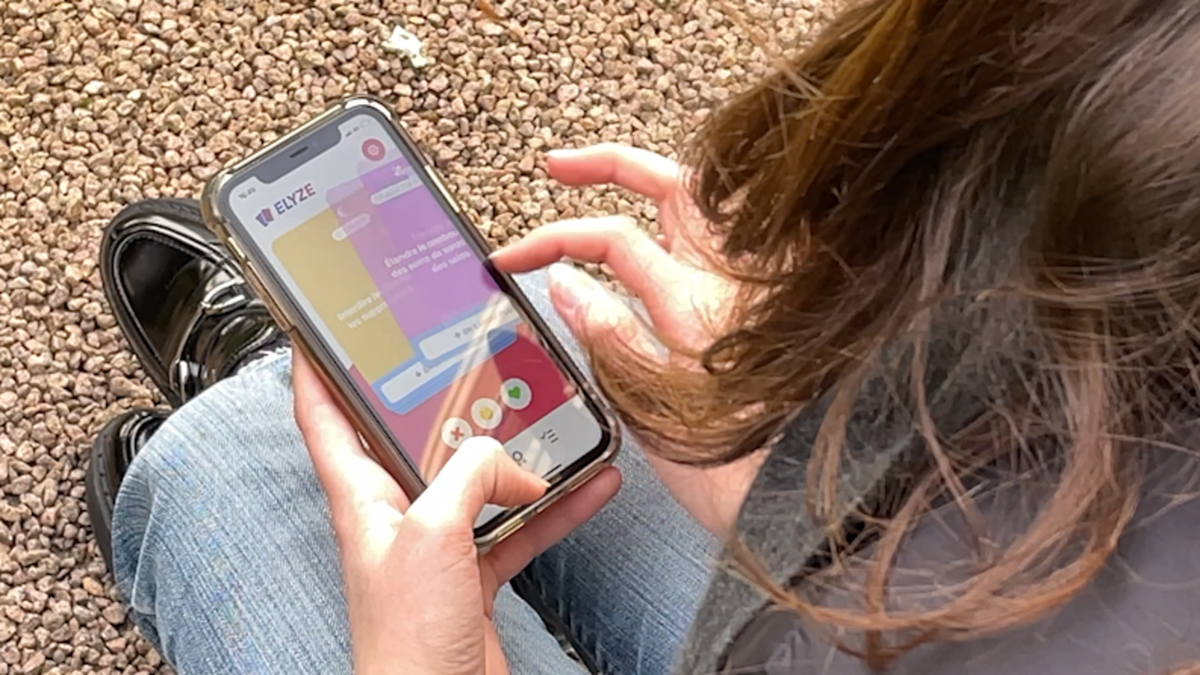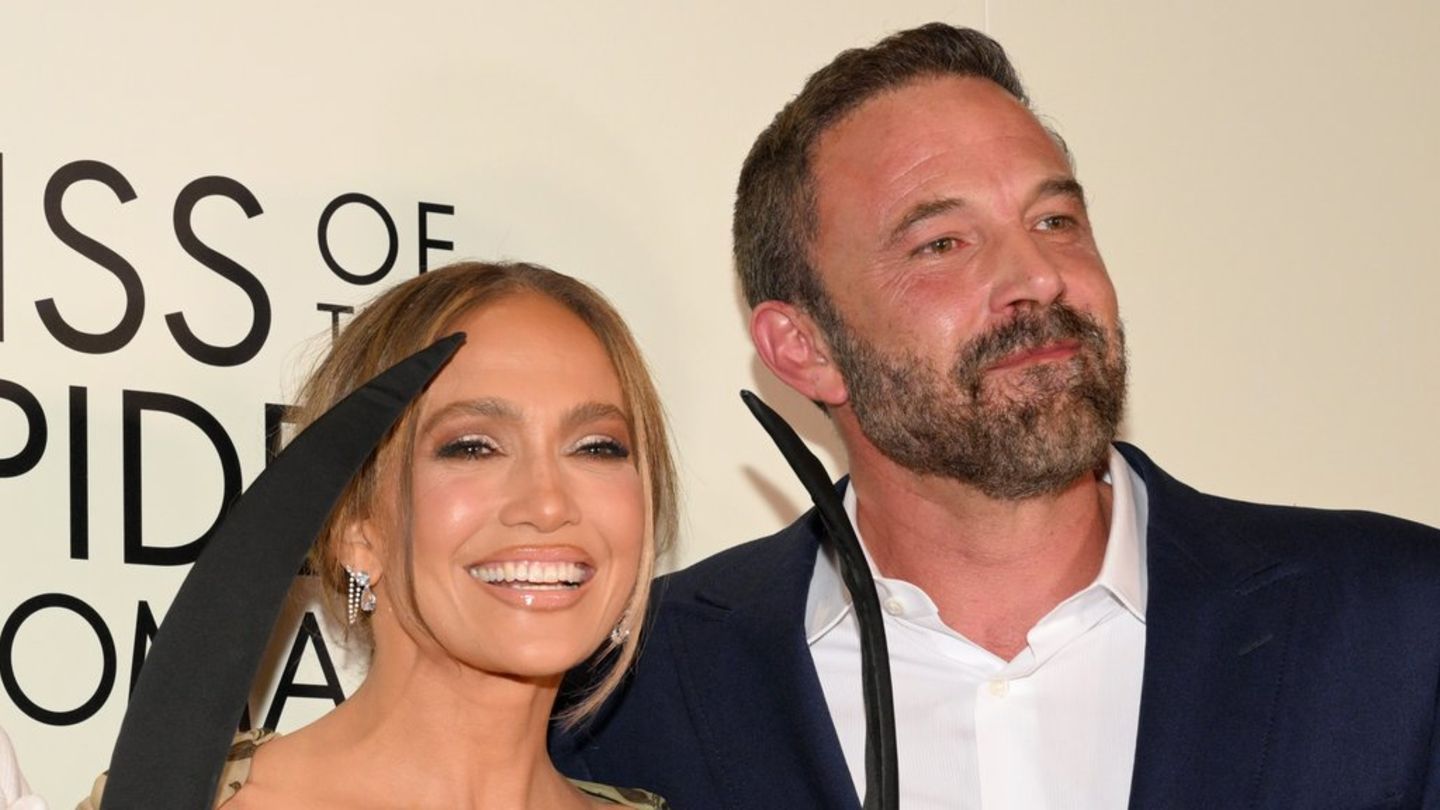Elyze, Le Quizz du Berger, La Boussole électorale… The range of apps proliferated to help choose voters among the 12 candidates from the first round of the presidential election on Sunday and the second round two weeks later.
“I wanted to create a tool that would help people find their candidate, but find them intelligently,” Arnaud Ambrosselli, a 35-year-old web developer behind the Le Quizz du Berger site, told AFP.
More than 150,000 people have already used its system based on 102 questions on 17 topics (work, culture, finances,…). As you complete topics, the site shows you which candidate you most closely match with and allows you to compare your results with friends.
Ambrosselli, who developed the site in open source and on a voluntary basis, also seeks to “calm down the electrical debate in France a little” and show that “rarely do you think 100% the same as your preferred candidate.” “Life is more complex.”
“Evidently, the application is not intended to give voting instructions nor say which candidate to vote for,” Grégoire Cazcarra, a 22-year-old student in Social Sciences and co-founder of the Elyze application, told AFP.
Together with the other founder, François Mari, they launched the popular application in January, which has already “more than 2 million downloads”, because the coverage of the presidential campaign focused more on the image of the candidates and not so much on the program.
“We note a great interest from many young people to better understand the candidates’ project,” explains this activist against abstention, although he points out that Elyze is not enough to decide a vote and that image and personality also count.
This is the case of Lucie Houilliez. This 37-year-old horticultural engineer used Le Quizz du Berger to find out which candidacy was closest to her ideas, especially when “the programs seem very similar” and “the candidates say substantially the same thing”.
Will you vote for the candidate with the highest affinity according to the site? “No, but yes for one that appears in the top 3. Unfortunately, the first candidate does not inspire confidence in me,” this French woman, who will vote from another European country, assures AFP.
To calculate the affinity, the system developed by Ambrosselli awards 0 to 5 points for each answer depending on the degree of coincidence with a candidate for the presidency of France. And, to come up with the answers, he turned to students from the Sciences Po Institute in Toulouse.
“The first version was made by myself and my friends who tried it said it was not neutral. With the second version, everyone found their candidate,” explains its creator. Two students from the right and two from the left prepared the questionnaire in this way.
Unlike Le Quizz du Berger, which offers several answers, Elyze users choose between four emoticons –“I don’t know”, “I like it”, “I like it a lot” or “I don’t like it”–, as in applications “to find a partner,” says Cazcarra.
“We imagined this system of ‘swipes’ to highlight ideas,” he adds. To guarantee neutrality, each question is accompanied by an explanatory box, with its source, and a team of 30 volunteers, like him, update it.
“No candidate benefits from the minimum treatment of favor,” emphasizes the also author of the book “Aux urnes!” and president of the Les Engagés movement, and notes increased interest in Elyze “as the fateful date of the vote approaches.”
The current centrist president, Emmanuel Macronleads the polls in the first and second rounds, but the difference is shortened against its main rival, the far-right Marine LePen. In third position comes the leftist Jean-Luc Mélenchon.
In the final stretch, the candidates are making an effort to mobilize the 48 million voters, especially when only 69% affirm that they will vote with certainty. Of these, one in three still doubts who to vote for, according to a recent Ipsos-Cevipof poll.
“This year there is a lot of indecision, much more potential abstention”stated Monday in France Info Mathieu Gallard, from Ipsos, for whom this “last week of the campaign” will be “decisive” because it will be able to mobilize part of the undecided and abstentionists.
Source: Ambito
David William is a talented author who has made a name for himself in the world of writing. He is a professional author who writes on a wide range of topics, from general interest to opinion news. David is currently working as a writer at 24 hours worlds where he brings his unique perspective and in-depth research to his articles, making them both informative and engaging.




